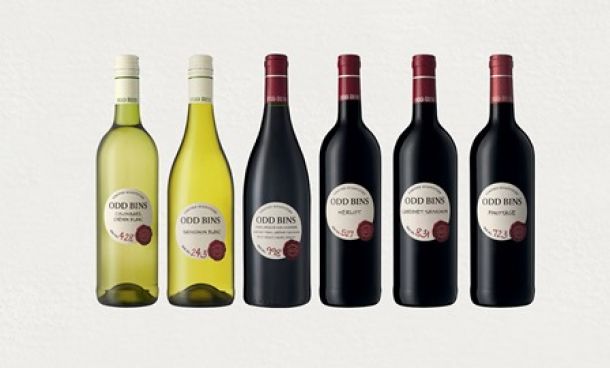Wine great for drinking, not investing - critic
Splashing out on pricey wine is great if you plan to drink it down the road, says Robert Parker, the world's most famous wine critic, but not as a financial investment.
Parker, credited with popularising the 100-point system widely used to rate wine, says wine can be lucrative, but only if investors are willing to sit on inventory for as long as a decade, which can be tough.
"It has to be stored properly. It has to be insured. That's a significant tie-up of assets," Parker, told Reuters in an interview in London. "For 37 years, I've thought wine was a terrible investment."
In the nearer term, he is not wrong. The Liv-ex Fine Wine 100 index, which tracks prices of the 100 most sought-after fine wines, has lost a third of its value since June 2011, hurt by lower demand from Chinese buyers due to a government anti-graft crackdown on gift-giving. By contrast, Britain's FTSE 100 index is up 22% over the same period.
Too expensive
Yet Parker's scores can have a direct impact on prices. For example, in December he upgraded the 2005 Mouton Rothschild Bordeaux from 96 to 99+. By the end of January, average prices for a bottle were $6 349, 25% higher than they were in July, according to Liv-Ex.
Yet Parker says wines from Bordeaux, the largest wine-growing area in France, are too expensive, especially when they must compete with a growing array of high-quality New World wines such as Shiraz from South Africa or Malbec from Argentina, whose most expensive bottle might be around $100, Parker said.
"I think they have to go 30% down in prices," Parker said. "The Bordelais have been slow to realize it's a global marketplace now ... I think they have to be real smart and look at the big picture when they price this new vintage."
Buyers are already hoping the 2014 vintage will be cheaper, since Parker, aged 67, is passing the job of rating the wine "en primeur" to his younger colleague at the Wine Advocate, Neal Martin, who industry insiders say has been less generous with high scores.
En primeur, or wine futures, allow buyers to purchase a vintage early, a year or 18 months before its official release, often at a cheaper price. Since Parker will continue to taste Bordeaux when it is bottled, some hope for a shot at financial arbitrage.
"The secret for those looking to grow their investment will be picking the wines we think Parker will rate most highly further down the line," said Gary Boom, managing director of wine merchants Bordeaux Index.
News Category
- International retailers
- On the move
- Awards and achievements
- Legislation
- Wine and liquor
- Africa
- Going green
- Supplier news
- Research tools
- Retailer trading results
- Supply chain
- Innovation and technology
- Economic factors
- Crime and security
- Store Openings
- Marketing and Promotions
- Social Responsibility
- Brand Press Office
Related Articles

Makro secures exclusive rights to SA’s most sou...

Checkers adds 41 new wines to Odd Bins range

With petrol at almost R20 a litre, food prices ...

Petrol price shocker for South Africa


